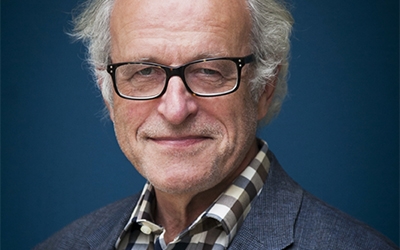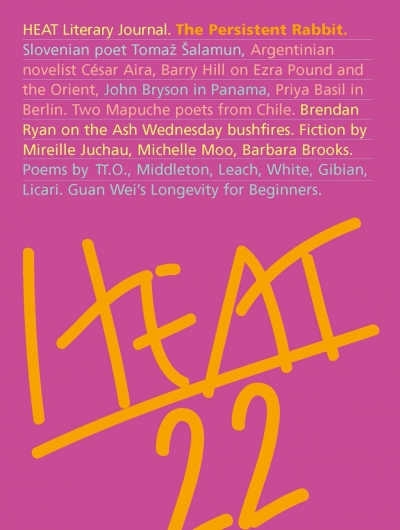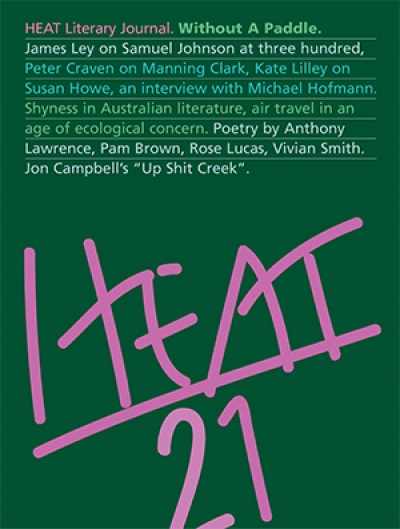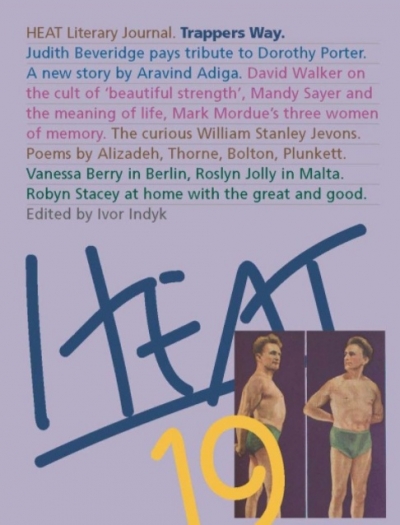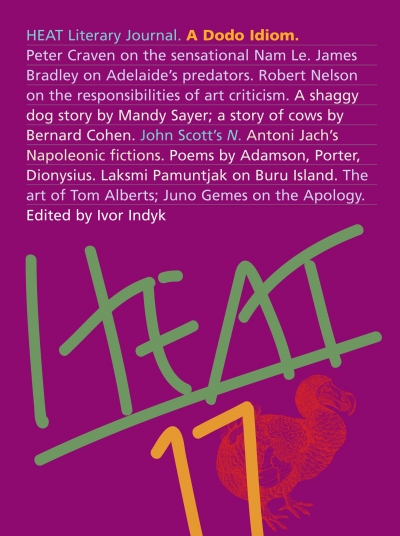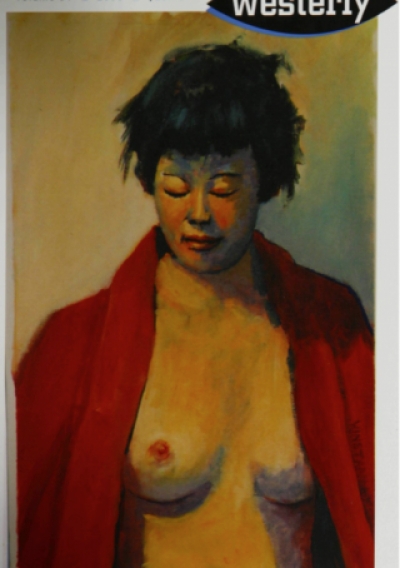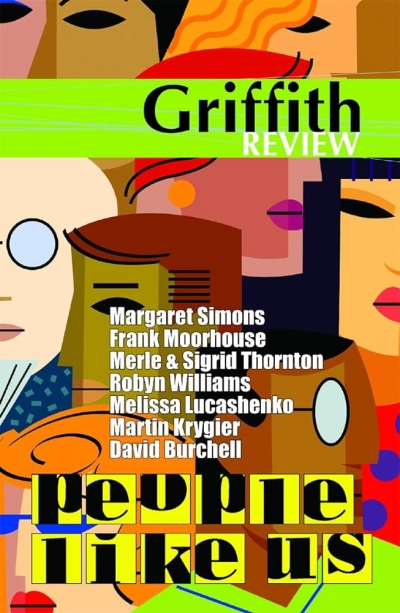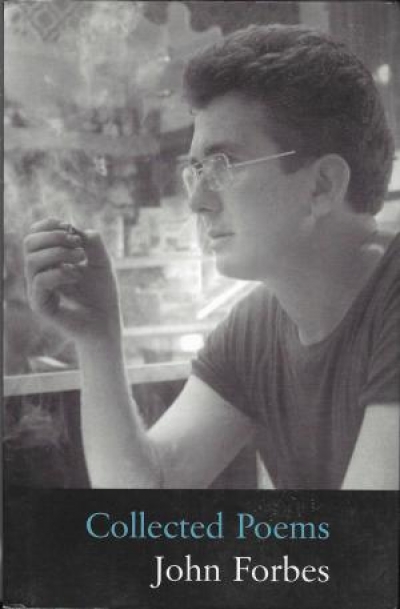Ivor Indyk
I was a lecturer in Australian literature, and some of the writers I wanted to lecture on couldn’t find publishers for their work. Also I found I preferred to converse with writers who were living rather than with the dead. And then there was the Demidenko affair, which made me angry enough to start HEAT in 1996.
... (read more)I’m fresh from Hannah Kent’s compelling, humane, and utterly convincing The Good People (Picador, 10/16). Kent completely inhabits her material. In this single nineteenth ...
... (read more)HEAT 22: The Persistent Rabbit edited by Ivor Indyk
by Patrick Allington •
Westerly edited by Delys Bird and Dennis Haskell & HEAT edited by Ivor Indyk
by Lyn McCredden •
Griffith Review 8 edited by Julianne Schultz & Heat 9 edited by Ivor Indyk
by Michael Williams •
Who Wants to Create Australia?: Essays on poetry and ideas in contemporary Australia by Martin Harrison
by Ivor Indyk •

